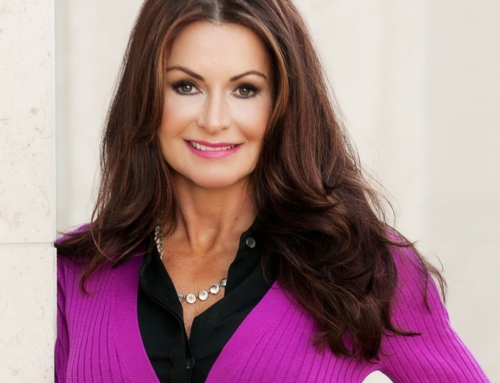Shauna Levy is a Canadian cultural visionary who is determined to elevate perceptions and normalize cannabis culture, and to lead the charge towards the legalization of consumption lounges in Canada. She is passionate advocate for creating sophisticated cannabis experiences that are seamlessly integrated into everyday life. Levy has been at the forefront of the country’s design community for more than 20 years, helping establish Toronto as an internationally recognized hub for design excellence, innovation and creativity. She intends to do the same for the cannabis industry.
Prior to her role at byMINISTRY, she was President and CEO of celebrated arts and design hub Design Exchange (DX), establishing DX as the premier design destination in Canada procuring exhibitions from leading artists including Christian Louboutin, Stephan Sagmeister and Pharrell Williams. She also founded EDIT | Expo for Design, Innovation and Technology in partnership with the United Nations Development Program (UNDP), a festival that showcased how good design can make the world a better place with special guests including Bruce Mau, David Suzuki, Richard Florida and Daan Roosegaarde. In 1999, she co-founded the internationally acclaimed Interior Design Show (IDS), North America’s largest contemporary design fair.
Thank you so much for doing this with us Shauna! Can you tell us the “backstory” about what brought you to the cannabis industry?
I had known Lorne Gertner, co-founder of Tokyo Smoke and Cronos (formerly PharmaCan) for several years. During my tenure as CEO at Design Exchange (where Lorne was a Board Director) I came to know him and his role in the cannabis world well. About 18 months ago he approached me to join him in a new cannabis company he launched following the sale of Tokyo Smoke/Hiku to Canopy (the world’s largest legal cannabis brand). I was a bit hesitant at first, however the more I listened to his ambition and the more research I did, I became more interested. I began to see joining the venture as CEO as an opportunity to use my design industry experience and passion to shape an industry from the ground up. There was clearly some white space in which taking a design-forward approach to cannabis didn’t currently exist — one that really spoke to me.
Around the same time, I had started to use CBD (a cannabinoid without any psychoactive impact) for a chronic pain condition because I had found that opioids had too many negative side effects. CBD seemed to help better than anything else. I began to think about how many other people could benefit from CBD use and what an important contribution it could make to a person’s overall health and wellness. Like other adaptogens, CBD can play an important role with issues like anxiety and stress, pain management, sport and performance and more. I wouldn’t go so far as to say it’s a wonder drug, but I would say that cannabis is a plant that has incredible properties and we’ve only just seen the tip of the iceberg.
Can you share the most interesting story that happened to you since you began leading your company? Can you tell us what lesson you learned from that?
My daily mantra since I joined the industry one year ago is that the only constant is change. The legalization of cannabis for recreational use is inconsistent and in flux — it varies from province to province; state to state and country to country.
It’s an industry in which you find yourself developing business plans for ideas that don’t even exist yet and pitching ideas that are precedent setting. And because things are moving at such breakneck speed, you can’t get too attached to any one direction and always be prepared to pivot on a dime. I’ve learned how to strike a fine balance between soothsayer, prophet and pragmatist.
Do you have a funny story about how someone you knew reacted when they first heard you were getting into the cannabis industry?
I have one friend who was fairly shocked and a bit judgmental when I told her, yet almost a year later, she contacted
me for pointers on how to design a cannabis pipe for the luxury housewares company she works for. It’s only a matter of time that cannabis will be completely destigmatized and normalized.
None of us are able to achieve success without some help along the way. Is there a particular person who you are grateful towards who helped get you to where you are? Can you share a story?
I was about 28 years old when I co-founded the Interior Design Show with my father, Steven Levy (who also co-founded the One of a Kind Show). We had just finished raising the seed money — we got our marketing collateral together and sent it out. I sat down at his dining room table (we still didn’t have an office yet), and I said, ok so now what? He looked at me and said: “now you get on the phone and sell!.” I picked up the phone and never looked back. I developed a thick skin early on in my career and also learned that no job is without a sales element.
Are you working on any new or exciting projects now? How do you think that will help people?
I’ve always been excited by the challenge of conceptualizing and creating something new that engages the public in different ways and builds something that didn’t exist before. When I co-founded the Interior Design Show (IDS) in 1999, very few people knew how to access high-design furniture and accessories for their homes. Other than mass market shops like IKEA, it was still very much in the purview of designers. When I launched The Yoga Show and Conference in 2002, yoga was still something associated with hippy culture rather than health and wellness. When at Design Exchange we worked with Pharrell Williams (in 2014) as guest curator of This Is Not a Toy, it was the first time that urban vinyl/street art had its own exhibition in a bona fide cultural institution. And when I launched EDIT (Expo for Design, Innovation and Technology) in partnership with the UNDP in 2017, very few were thinking about design beyond aesthetics or of the bigger opportunity for design in making the world a better place — let alone design’s role in achieving the UNDP’s Sustainable Development Goals.
One year ago, I joined the cannabis industry (federally legalized in Canada in 2018) with the goal of creating something unprecedented; a concept and a brand for the next normal — byMINISTRY.
At byMINISTRY, we are working with one of the most important architects in the world, one of the most celebrated Chefs in Canada and an array of global and local designers, artists and other creatives to create an experiential lifestyle brand for the premium cannabis market. Onsite consumption lounges, retail shops and our own collection of products that focus on health and wellness and feature plant-forward food incorporating adaptogens and superfoods.
We’re looking at cannabis from a very different perspective, and we believe in Cannabis 3.0, post-normalization where cannabis will be integrated into everyday life — from what you eat and drink to what you wear and how you live. We’re already seeing the early stages of market segmentation and the design of brands to appeal to specific psychographics. Our goal is to create experiences and products that will be likened to the Virgil Abloh/Louis Vuitton of the cannabis market.
Ok. Thank you for all that. Let’s now jump to the main core of our interview. Despite great progress that has been made we still have a lot more work to do to achieve gender parity in this industry. According to this report in Entrepreneur, less than 25 percent of cannabis businesses are run by women. In your opinion or experience, what 3 things can be done by a)individuals b)companies and/or c) society to support greater gender parity moving forward?
Currently people classify cannabis use as being either medical or recreational, but I actually believe the larger space is the category of “health and wellness”, a continuum that runs between these two points. And it’s an area in which women have a natural interest — be it skincare/beauty, for feminine-related issues like menopause symptoms; for stress management and anxiety or for sleep. And in fact, we’re starting to see an increase in the number of women leaders in this space with many coming from consumer-packaged goods, which unlike finance is an industry heavily skewed toward women.
Incubators, mentorship programs and networking groups are all ways in which the industry can help ensure that more women end up in C-Suite positions. For example, I’m in a global female-founded what’sapp group called WomeCanCann which acts as deal flow, cheerleading and mentorship group all in one. The sense of sisterhood is incredible.
You are a “Cannabis Insider”. If you had to advise someone about 5 non intuitive things one should know to succeed in the cannabis industry, what would you say? Can you please give a story or an example for each.
Cannabis is a serious industry and not for the faint of heart. The last few months have seen a significant dip in the valuation of cannabis companies and investors are now looking for real numbers. The days of speculative investing on brands without revenue are coming to an end.
The industry has attracted the most interesting people from a cross-section of industries and while cannabis conferences are notoriously fun, at the end of the day it is business.
Can you share 3 things that most excite you about the cannabis industry?
- We’ve only just scratched the surface of existing opportunities around the cannabis plant. I’m sure that the world will look very different in 10 years because of it.
- “The next normal” is truly around the corner. I can’t wait to be able to walk into a cannabis lounge where I can eat cannabis infused food made by the world’s greatest chefs and drink infused beverages by celebrated mixologists within a high-design environment. This is what byMINISTRY is all about and is really what my preferred cannabis experience is.
- The largest cannabis market in the world will be open within a few years. U.S. federal legalization will change the industry in unprecedented ways.
Can you share 3 things that most concern you about the industry? If you had the ability to implement 3 ways to reform or improve the industry, what would you suggest?
- The illegal market continues to thrive. – The black and grey markets haven’t been sufficiently quashed. It still accounts for about 50% of sales in Canada, as well as in the U.S. where recreational use is legal. The illegal markets encourage crime and other illegal activities. Governments have to act smarter and faster. Toronto, for example, has a population of close to 6 million people but only has 5 legal retail stores. And further, there is a real need for safe onsite consumption. There’s a reason why bars were created once prohibition ended. Demand just isn’t being sufficiently met.
- Classification of CBD – The two main cannabinoids in Cannabis are THC and CBD. THC has psychoactive impact but CBD, which doesn’t, can be used to address a wide range of health and wellness conditions such as anxiety and stress, sleep, migraines, PMS and more… and further, it has real benefit when used in skincare. I believe that in Canada, CBD should be legislated as a natural food product like hemp, and be treated like any other adaptogen or super food. It isn’t logical that it’s kept under lock and key and treated like THC.
- Insufficient Education – “Go low and go slow” is simply not enough. It’s a complex plant and interacts with everyone’s chemistry differently. Many people don’t understand the difference between strains and as a result often don’t even know what they’re taking. They then risk having a bad experience, which can turn them off forever. Like alcohol, it’s important to understand your limits. Education is a key piece to the byMINISTRY business model.
- Labelling + Branding – In Canada, federal legislation forbids marketing and branding and, in its place, has created a standard packaging and branding system that all companies are obligated to use. This has removed the competitive advantage found in absolutely any other consumer packaged goods category. It will be very difficult to move the industry forward, and open it up to free market influences, if a basic tenant of product development and martket competition is removed.
- Expungement – People imprisoned before legalization for possession of small amounts of cannabis should have their records expunged. They should no longer have this on their records if it’s no longer punishable.
What are your thoughts about federal legalization of cannabis? If you could speak to your Senator, what would be your most persuasive argument regarding why they should or should not pursue federal legalization?
I clearly support U.S. federal legalization and believe it’s only a matter of time. To take it one step further, I also believe that the World Health Organization should drop it from its controlled substance list.
In states where cannabis is legal, alcohol consumption is down. The effects of alcohol are far worse than that of cannabis, be it addiction, liver cancer and more. Since cannabis has been legalized in Canada, consumption among teenagers has not been impacted. It has and continues to be widely accessed via illegal means which is a contributor to global crime. Properly legalizing it will decrease the illegal market.
Today, cigarettes are legal, but they are heavily regulated, highly taxed, and they are somewhat socially marginalized. Would you like cannabis to have a similar status to cigarettes or different? Can you explain?
I believe that the future of cannabis is not about smoking or vaping, but rather that it seamlessly integrates into daily life — infused in your food and drinks; beauty and skincare products; even clothing or building materials.
Can you please give us your favorite “Life Lesson Quote”? Can you share how that was relevant to you in your life?
People don’t necessarily remember what you did, but they do remember how you made them feel. In creating consumer experiences, I always think about how I would want to feel, and the impression that I’d want the customer to leave with.
If you fail to prepare, then be prepared to fail. I recently learned this one and immediately loved it. I always believed “if you have no plan, any road will take you there” but I like this one much better. It can apply to absolutely everything in life.
Teamwork makes the Dreamwork. Someone who has accomplished huge things in life shared this with me years ago, and I think about it daily. I’m genuinely so excited about the people I work with and feel very fortunate to be surrounded by such smart, creative and driven people. I learn from them daily. Because of the craziness of the industry, we really have to rely on one another to make the dream come true.
You are a person of great influence. If you could inspire a movement that would bring the most amount of good to the greatest amount of people, what would that be? You never know what your idea can trigger. 🙂
In 2015, the UNDP launched the Sustainable Development Goals — 17 goals that if we — that is, government, corporations and the public — all work together can be achieved to solve climate change and eradicate global poverty. The goals are meant to be owned by each and every one of us and achieved by 2030. This is only 10 years away, so we don’t have much time, but if we each commit to acting on one goal, we could do it. #teamworkmakesthedreamwork
Thank you so much for the time you spent with this. We wish you only continued success!
Your favorite MJ Products Delivered To Your Door Right Here!


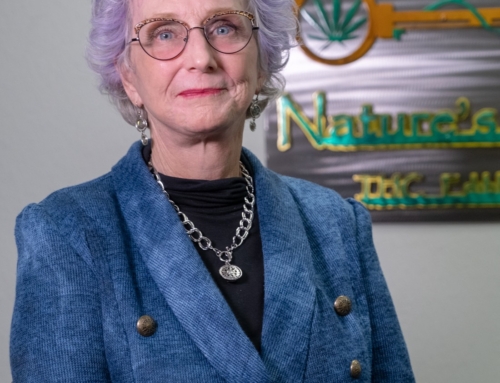
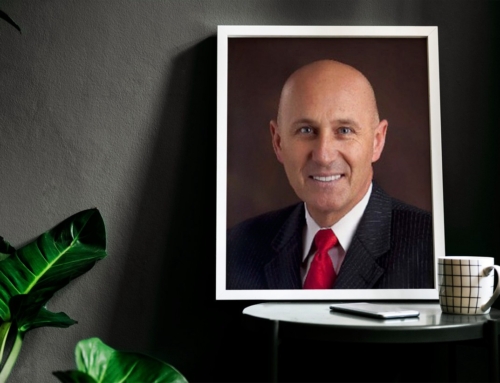
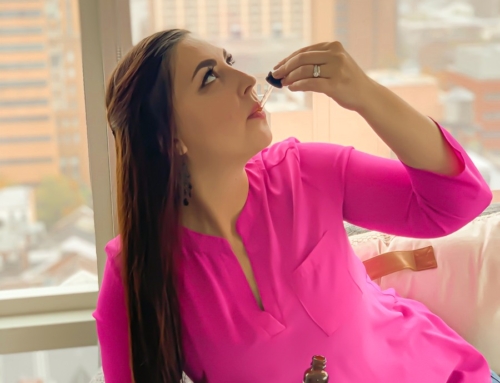
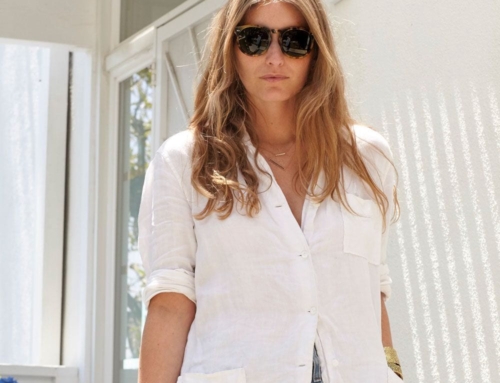
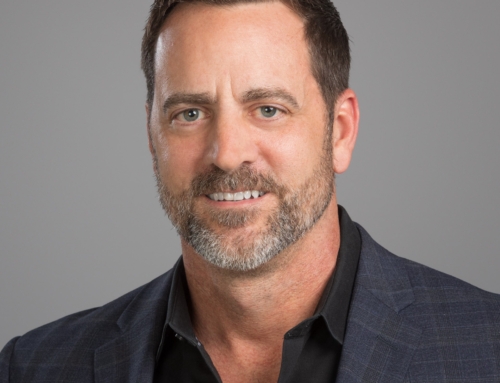
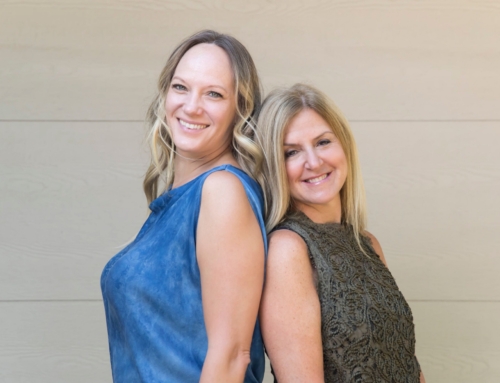
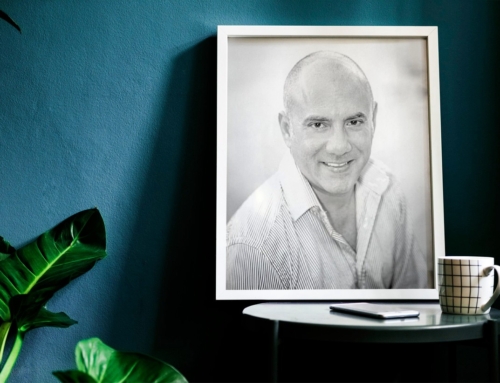
![“The potential to help people [in this industry] is enormous, but there’s still so much to learn.” – Ramon Alarcon, Witi](https://lakesideremedy.com/wp-content/uploads/2020/12/1thj5ekUyxQ69iLz1JJyODg-scaled-e1607882756286-500x383.jpeg)
